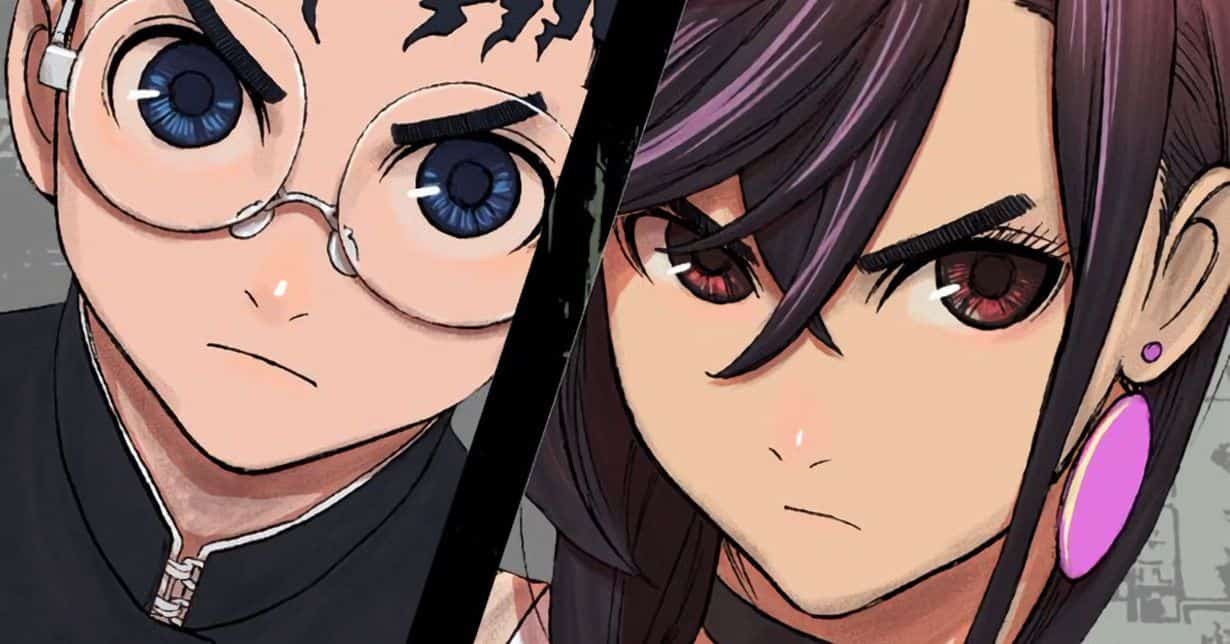With its biting social satire and nuanced character studies, Mike White’s anthology series The White Lotus continues to dominate popular cultural discourse. The White Lotus season 2, episode 3, “Bull Elephants,” sets up some monumental events.
Taking place in an upscale resort, the show explores the nuanced relationships between privilege, income, sex, and human behaviour by focusing on a different group of visitors and employees each season.
The White Lotus’s second season is set in Sicily and continues the show’s primary themes from its critically praised first season, which was set in Hawaii. It also introduces new characters and plots.
The second season creates a complex web of relationships between its guests that culminates in episode 3. Three generations of the DiGrasso family deal with personal and family issues, and the relationship between the younger couple Ethan and Harper and their wealthier friends Cameron and Daphne suggests deeper issues.

Tanya, a first-season returnee, is caught up in her anguish, which reflects the general theme of people struggling with both social expectations and their inner demons. Episode 3 of The White Lotus season 2 delves deeply into each character’s inner issues.
Recap
The DiGrasso family, which includes the patriarch Bert, his son Dominic, and grandson Albie, as well as Tanya’s assistant Portia, are immersed in Sicily’s cinematic history in this crucial episode of The White Lotus season 2, as they visit the famous locations used in The Godfather.
This trip is more than just a sightseeing expedition; it serves as the setting for an in-depth investigation of family dynamics, heritage, and masculinity. The topic of The Godfather’s portrayal of masculinity naturally comes up as they go through the legendary locations where iconic scenes were shot.
The DiGrassos, who each represent a distinct generation’s viewpoint on what it means to be a man, find great resonance in this conversation. In this conversation, Bert’s traditional beliefs, Dominic’s imperfect but progressive perspective, and Albie’s more perceptive and current position all collide and come together.
The discussion turns into a mirror reflecting their hardships and lives, bringing to light the changes in how different generations perceive masculinity.
Dominic’s complicated and morally ambiguous personal life is also explored in this episode. Dominic’s relationship with sex workers Mia and Lucia serves as a metaphor for his battle with temptation and the fallout from his decisions.
The following morning, a series of events are triggered by Bert’s unintentional discovery of Dominic’s transgression. Dominic’s cries for Bert not to tell Albie about this highlight the tension between his need for duty and his tendency toward self-indulgence.
The subtleties of father-son relationships and the weight of societal expectations are beautifully captured in this scenario.

The story then takes a different turn when Dominic tells Lucia that they can’t keep dating, possibly realizing the unsustainable nature of his activities.
Even while this choice seems like a step in the right direction, it is complicated by Dominic’s inner struggles and his continuous battle to balance his needs with his obligations as a family member and a father.





